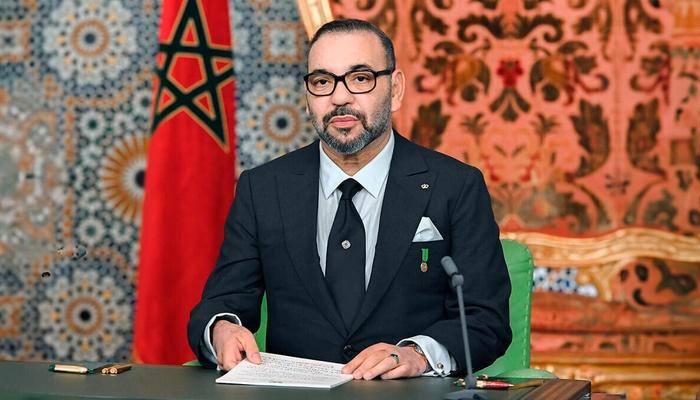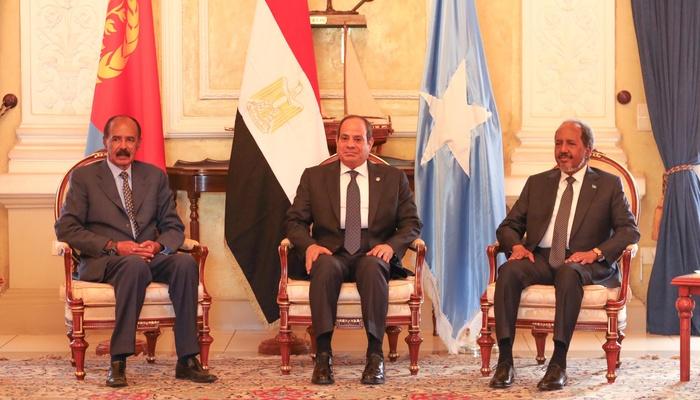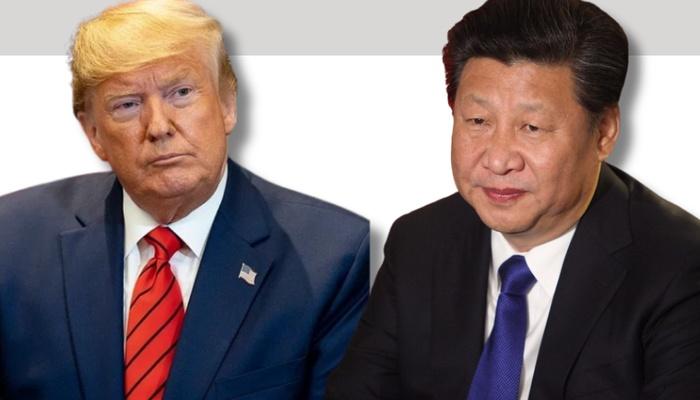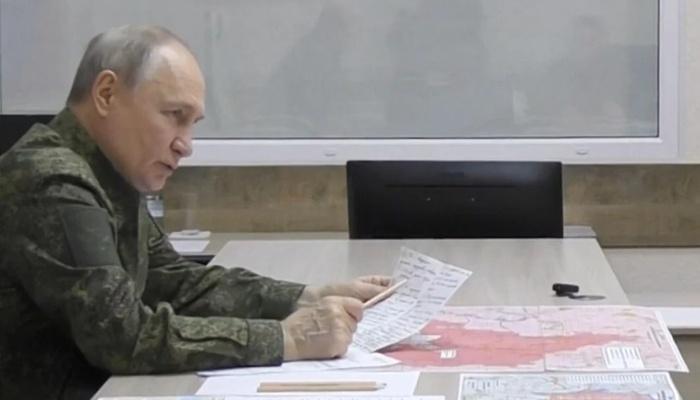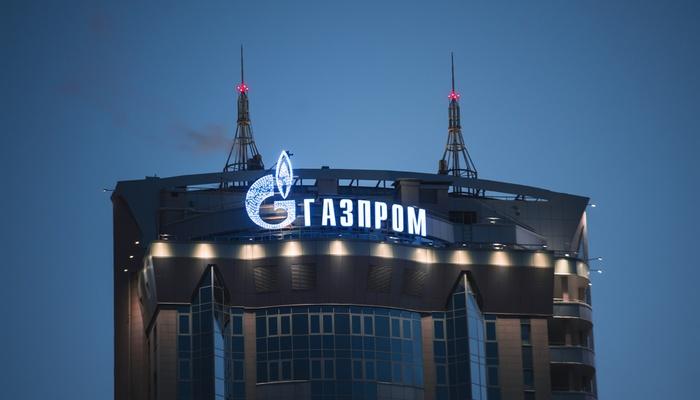The role of the European Union in the Western Sahara conflict
In two successive rulings on December 21, 2016 and February 27, 2018 the European Court of Justice (ECJ) ruled that the EU-Morocco trade agreements could not be lawfully applied to the territory of Western Sahara, whose status is “separate and distinct” from Morocco. These decisions have led the EU to take steps to renegotiate the otherwise-invalidated trade deals so that they comply ECJ rulings – that is, they explicitly include Western Sahara with the consent of the Saharawi people. These developments have caused tensions between the EU and Morocco, whose two-way trade in goods totaled 37.4 billion euros in 2017. What makes the issue thorny is that Western Sahara is a disputed territory between the Kingdom of Morocco, which considers it its Southern Provinces, and the Frente Polisario, a Saharawi nationalist movement that has been advocating independence for more than 40 years.
The conflict in Western Sahara strikes for its anachronism. Formally on the UN list of non-self-governing territories, Western Sahara has been awaiting decolonization since 1975, making it what some call the last colony on the African continent. On paper, the situation is clear: according to UN resolution 34/37 of 1979, the people of Western Sahara, with Polisario as their legitimate representative, enjoy an inalienable right to self-determination and independence. Yet, attempts made to solve the conflict this far have failed. Among them is the long-standing UN peacekeeping mission MINURSO: established in 1991 with the aim to grant a referendum for the Saharawi people to choose between independence from or integration with Morocco, it has yet to concretize its core mandate. Although some voices have pointed to technical difficulties to explain the failed implementation of the referendum – e.g. how, or whether, to account for the more than 90,000 Saharawi refugees still residing in camps in Algerian Tindouf -, lack of political will is to blame for the stalemate.
On its part, Morocco envisions autonomy for the region: its position, formally put forward in 2006 by the Moroccan Royal Advisory Council for Saharan Affairs (CORCAS) through an Autonomy Proposal, would have a Saharawi government rule under Moroccan sovereignty, while Morocco would manage foreign affairs and defense. This stance has recently received the endorsement of US Deputy Secretary of State John Sullivan, and might represent an acceptable compromise in the eyes of the International Community. Yet, as the Frente Polisario has made clear in the past that it will reject any settlement falling short of independence, the two positions seem irreconcilable. This is why the appointment in August 2017 of a new UN Envoy – former German President Horst Koehler – to Western Sahara stirred only moderate enthusiasm in the International Community, in a conflict characterized by disillusionment and fatigue.
This time, however, chances of a resolution to the conflict look slightly less slim. For one, Kohler has been actively trying to step up involvement of regional and international stakeholders, for example the African Union and the European Union. It is reasonable to expect Germany – country of the UN envoy – and South Africa – historical supporter of the Saharawi cause – to be particularly receptive to this push for a more active role, especially in view to their upcoming role as non-permanent representatives at the UN Security Council. Secondly, an unedited wave of US activism grants additional momentum to the process. Indeed, behind the decision in UN Resolution 2414, adopted in April 2018, to extend MINURSO by only 6 months, instead of the customary 12, is at least partially the will of John Bolton, US national security advisor and former adviser of Kohler’s predecessor Baker. This might be a signal that he expects the mission to yield some results by the end of its term in October. In spite of the notable unpredictability of the current US administration, it can be said that renewed US interest in the conflict could represent an important factor in the resumption of peace talks.
In this relatively propitious context, the EU could meaningfully support the upcoming negotiations. For example, it could choose to leverage the EU-Morocco trade agreements to incentivize Morocco to come to the negotiating table. It is basic negotiations theory that no party will enter negotiations if their best possible outcome still ranks as a sub-optimal option compared to the party’s situation outside of the negotiations process. This is the case for Morocco, which currently enjoys access to the natural resources of Western Sahara without the burden of granting it independence. Considering that a significant part of the materials of interest for the agreements originates in land (agricultural products and phosphates) and waters (fisheries) claimed by Saharawis, the European Court of Justice rulings have the potential to strike a strong blow to the Moroccan economy, and consequently alter Morocco’s cost-benefit analysis in favor of a political settlement.
When deciding which course of action to take with respect to the conflict, the EU is faced with conflicting considerations. On the one hand, the EU formally supports the right to self-determination of Western Sahara, is strongly committed to international law, and fully backs UN efforts. On the other hand, the EU undeniably places a high value on good relationships with Morocco. First, Morocco represents the cornerstone of the European Neighborhood Policy (ENP), on which the EU counts to promote stability and fight terrorism in the region. Secondly, Morocco is a treasured trading partner. The EU Commission estimates that 56.5% of Morocco’s imports come from the EU: every year, the EU exports to Morocco €8.4 billion’s worth of machinery and transport equipment, €5.2 billion of fuels, metals, and minerals, €1.8 billion in textiles and clothing, and almost as much in agricultural products. When it comes to services, EU exports to Morocco amount to €3.6 billion annually. The EU pays no less than €40 million – sum which Morocco has recently asked the EU to double – in exchange for precious fisheries licenses (with more than 90% of the fish being caught in Western Sahara waters), of which Spain is the main beneficiary. Third and most importantly, Morocco serves as a gatekeeper for migratory flows coming from sub-Saharan – especially Western – Africa. Increasingly, migrants avoid crossing dangerous, conflict-torn Libya, aiming instead for Morocco through Niger and Algeria. With respect to the trade deals, the Moroccan government has already made clear that, should the outcome of the renegotiations play out unfavorably to Morocco, this would have repercussions on the migratory route to Europe. This is a scenario that the EU cannot afford to see materialize at a time when the very issue of migration threatens to tear European unity apart. This is, at least, what both parties claim; however, the role of Morocco in stemming migratory flows cannot be not so easily ascertained. After all, migratory routes have a history of flexibility, and have proven swift to adapt when one presents obstacles in favor of a more porous one.
The connection between the trade deals and the UN peace process is not undisputed. In the proposals for the amendments to the trade agreements, the EU Commission is clear to highlight that they do not prejudice the EU position on the status of Western Sahara and the UN-led solution to the dispute. However, these considerations could explain why the EU might be reluctant to play a more active role in the resolution of the Western Sahara conflict.
In addition, going beyond this specific dispute, they might also give broader indications regarding EU’s priorities in foreign policy issues at a time of internal crisis. Indeed, two parallel trends seems to be taking shape with regards to EU priorities. On the one hand, the EU is striving to increase its weight as a global actor. This endeavor has been expressed explicitly in the EU Global Strategy launched in 2016 by EU High Representative for Foreign Affairs and Security Policy Federica Mogherini and exacerbated by the US isolationist turn and withdrawal from the world scene, resulting in a “leadership vacuum.” On the other, a tendency – or maybe a need – is emerging to retreat inwards when grappling with domestic problems. The EU’s reactive – as opposed to proactive - approach to the Western Sahara conflict might be a sign that, at a crossroads between outward actorness and inward focus against the backdrop of domestic challenges, the latter might prevail.
Yet, pointing to deliberate planning and political strategy alone when accounting for the EU’s limited weight on the world stage would provide only a partial explanation of the phenomenon. Indeed, preventing the EU from becoming a stronger global actor is an array of other factors, which show themselves with particular clarity in foreign policy matters and can all be ascribed to lack of cohesion within the EU. Among them features the tendency of some EU Member States to consider certain regions as their own almost exclusive area of action. For example, relations with Morocco have traditionally borne the footprint of French support to the country. Similarly, certain States choose to pursue their own national interest even when this clashes with the broader good of the EU, as is not rarely - and naturally – the case. The disproportionate economic advantage that Spain gains from the EU-Morocco Fisheries Partnership Agreement (FPA) as opposed to other EU countries is a fitting example of this circumstance. Thus, these dynamics weaken, downsize, or slow down EU initiative, and consequently its efficacy as a global actor.
For these reasons, the EU struggles to impose an encompassing “Mediterranean agenda” among its priorities. As a result, one witnesses the paradoxical situation whereby EU economic investment in a certain region goes unmatched worldwide, but not so when it comes to political leverage. North Africa and the Sahel represent this trend well. The EU Trust Fund for Africa has pledged €3.3 billion to stem irregular migration and tackle its root causes. The EU External Investment Plan (EIP), devoted to African and Neighboring countries, has mobilized a contribution of €4.1 billion from the EU Commission, and is expected to leverage more than €44 billion of investments by 2020. Shifting the focus back to Morocco, during the period 2014-2017 the country has received between €728 and 890 million of financial support through the European Neighborhood Instrument (ENI) in the context of the ENP. This unparalleled economic effort, which has been renamed “Juncker Plan” with reference to the post-World War II American one, could follow its predecessor’s step and go well beyond commerce, translating into political influence, source of leadership, and agent of change. Yet, until the structural causes of EU weakness as a global actor are not addressed, EU partnerships will tend to gravitate more around trade, with all the limitations this approach entails, and the EU will struggle to exert its leverage. This situation does extend to Western Sahara, and might prevent the EU to take on a more active role in the wider region.
